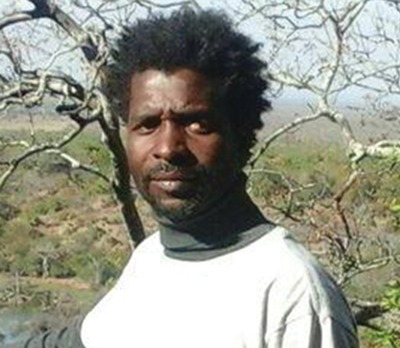
guest column:Paidamoyo Muzulu
THE world is in panic, everyone is bewildered by the rare flu-like virus that is spreading at breakneck speed across the globe.
Many governments have ordered lockdowns, a strict clampdown on democratic rights of their citizens, and in the midst of this chaos some far-reaching decisions on social and economic issues are being taken.
These developments are a mirror-perfect scenario presented by activist Naomi Klein in her book – Shock Doctrine: The Rise of Disaster Capitalism.
This is a book that looks at lengths what neoliberal economists have been doing post-Second World War 2 led by conservative economist Milton Friedman, who is famously known for the Chigaco School of Economics.
The economists believe in implementing hard economic decisions when everyone is in deep shock, especially when there is a natural disaster that sends people into despair, deep fear and they are ready to give their governments wide powers to deal with the crisis.
In her book, Klein gives examples of South American governments — Chile, Bolivia and Argentine, the Iraq Invasion and Hurricane Katrina in the United States and the tsunami disaster in Asia. Post these crises, the governments implemented hard economic policies that would not normally have passed without resistance were it not for the disasters.
In the US, Hurricane Katrina was used to change the land use policies in the cities of Louisiana, New Orleans, Mississipi, Virginia, Alabama and others. Land was given to private companies to redevelop it, but it meant many of the people who stayed in the areas could no longer afford to stay there and had to move out.
- Chamisa under fire over US$120K donation
- Mavhunga puts DeMbare into Chibuku quarterfinals
- Pension funds bet on Cabora Bassa oilfields
- Councils defy govt fire tender directive
Keep Reading
In Asia after the tsunami disaster, fishing communities were removed from their areas and development of new tourist resorts were established in places where poor fishing residents used to stay. Private capital once again benefited from the crises, a drastic change that would not have happened without a fight if it were not of the disaster.
Post-September 11, 2001 terrorist attacks on New York twin towers, the United States was no longer the same. A pulverised people accepted President George Bush Jnr’s far-reaching economic policies and curbing of individual rights. The administration accepted that people could be stopped and frisked, detained without trial and even the creation of the notorious Guantamo Bay Prison. The government further privatised security services, increased surveillance on citizens and this was only made possible because the people were in shock.
The same things happened in Iraq post-Suddam Hussein ouster on the pretext of harbouring weapons of mass destruction. Iraq became the first country post the age of colonialism to be occupied by a private army the BlackWater and other American companies.
The Iraqis were in shock that all public companies were privatised — taken over by US companies — in a manner that would not have been tolerated were it not for the crisis.
The coronavirus outbreak in southern Africa has become the perfect excuse South Africa needed to deal with undocumented immigrants from Zimbabwe without being called xenophobic or Afrophobic. The region is in shock.
Every one of its citizens believes their governments are acting in their best interest or they are too afraid of the coronavirus to interrogate the erection of a border fence along the Limpopo River.
Last Thursday, South Africa Public Works minister Patricia de Lille announced that her country would immediately start erecting a 40-kilometre-long fence along its border with Zimbabwe to secure porous entry points in a bid to curb the spread of coronavirus.
She announced that she had invoked emergency procurement procedures to build or repair fencing on either side of the Beitbridge Border Post.
“This is to ensure that no undocumented or infected persons cross into the country and vice-versa. This is in line with one of the measures announced by the President in that South Africa’s borders and ports are to be secured with immediate effect,” she said in a statement.
The announcement was when South Africa had just confirmed its first coronavirus infections and its citizens were in shock, too paralysed to make any meaningful examination of the decision in the face of a health crises.
The use of emergency procurement procedures in the R37 million project shows that South Africa wants to complete the border fence before the coronavirus crises washes away. In reality, South Africa has found a perfect excuse to deal with illegal economic immigration, especially from Zimbabwe. Without the shock of coronavirus, the South African regime would have found it difficult to implement the border fence project without regional political ramification.
Finally, to bring it home, on Monday President Emmerson Mnangagwa’s regime gazetted Statutory Instrument 77 of 2020 Public Health (CPVID-19 Prevention, Containment and Treatment) Regulations 2020 – an instrument that gives the regime unlimited powers to deal with the coronavirus.
If implemented to the letter, the regulations wilL change many socio-economic conditions in Zimbabwe. Most affected will be vending in urban areas, public transport system and housing as the regulations allow demolition of buildings.
Like in my first column this year on January 3, titled Chicago Boys are in town, the boys are, indeed, in town and will milk the shock doctrine for all its worth. Things will not be the same after coronavirus – disaster capitalism will be on the rise.











